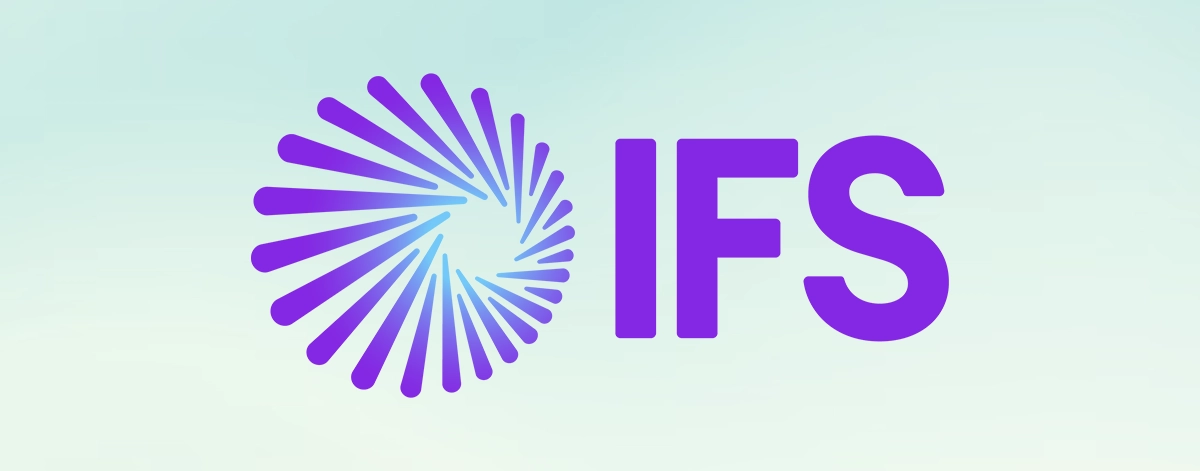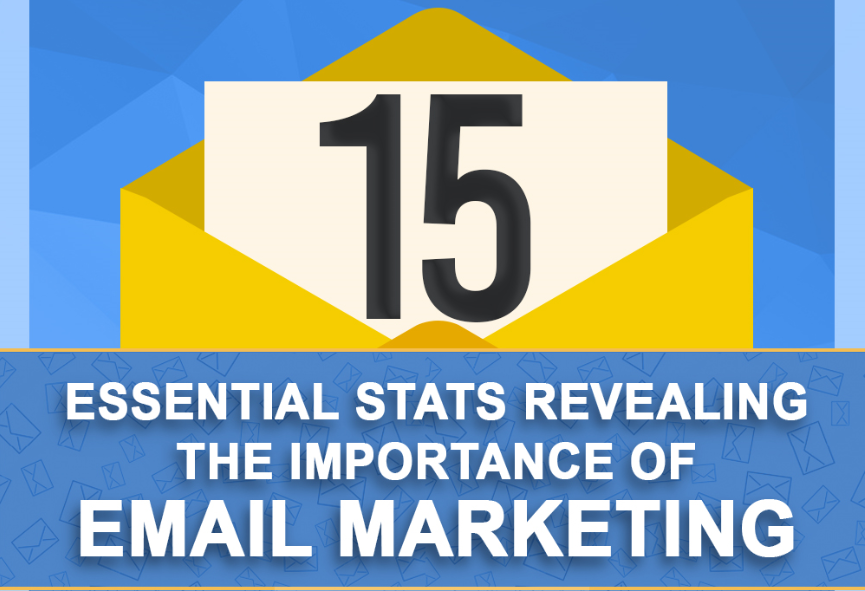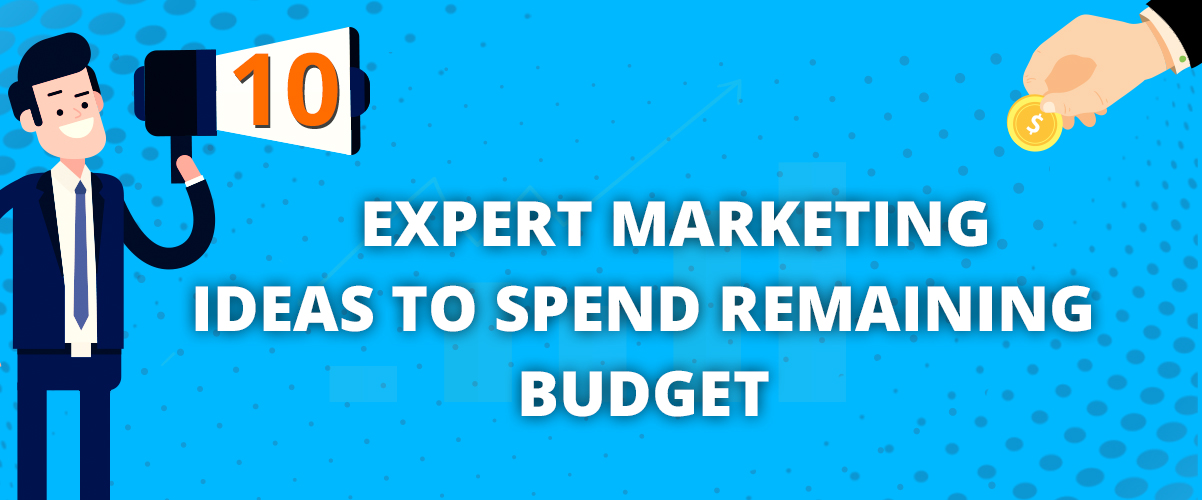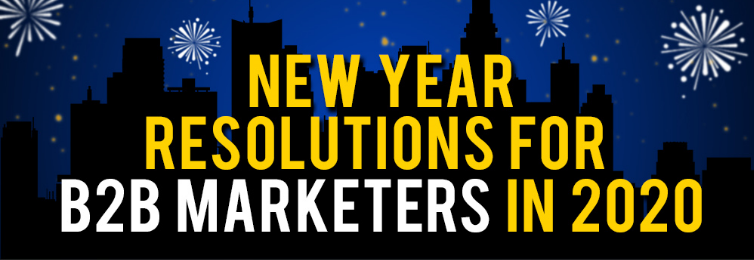Maintaining a competitive edge over market leaders in today’s dynamic business landscape goes beyond a mere willingness to adapt. It demands a strategic embrace of cutting-edge solutions.
Enterprise Resource Planning (ERP) systems have emerged as one such transformative software solution. It has revolutionized how organizations manage operations, streamline functionality, and drive growth. As the backbone of modern businesses, ERP solutions empower companies to integrate and automate critical processes, optimize resource distribution, and gain insightful data for informed decision-making.
The ERP market is significant and continues to grow. According to a report by Grand View Research, the global ERP software market stood at. The report also indicated the ERP market will grow at a compound annual growth rate (CAGR) of 11.0% from 2023 to 2030.
The increasing adoption of cloud-based ERP solutions, technological advancement, and the need for integrated systems to streamline business operations are accelerating the ERP market growth.
Table of Contents
SAP ERP Overview
SAP ERP, developed by the German software company SAP SE is a leading comprehensive business management solutions provider. SAP ERP offers modules covering multiple functional areas, such as
- Finance
- Procurement
- Manufacturing
- Supply chain management
- Human resources
- Customer relationship management
According to ERP Software 2018 report, SAP ranked No.1 by revenue.
Some of the significant functions of SAP ERP are:
- Streamlines the integrated business process inside the organization
- Helps with capital planning and executing strategies
- Aids in extending the business network to broader domains
- Protects against data breaches and security threats of information leaks
- Improves adaptability to the rapid changes in the business process as per requirements
- Fastens the decision-making process with accurate data analysis
- Broadens the products and service reach to customers, suppliers, and partners
- Determinates operational risks to help increase governance
Top SAP ERP Competitors

While companies like SAP have traditionally been leaders in this space, many businesses look for SAP ERP competitors to change ERP systems for several reasons. The following are the top SAP competitors in the ERP marketplace.
1. Oracle ERP Cloud

Oracle ERP Cloud is a comprehensive collection of Software-as-a-Service (SaaS) applications offered by Oracle Cloud. It is a fundamental suite of solutions designed to support various business processes and operations, such as:
- Expense Management
- Risk Management
- Finance Management
- Revenue Management
- Project Portfolio Management
- And More!
It has a comprehensive applications module designed for large enterprises.
Top features of Oracle ERP Cloud
- Extensive functionality and industry-specific modules catering to complex business processes
- Seamless integration with other Oracle products enables a holistic and integrated approach to data management.
- Highly customizable and adaptable to unique business requirements
- Allows businesses to adapt and optimize the system to align with their needs and processes
Year founded: 1977
Headquarters: Austin, Texas
Pricing of Oracle ERP Cloud: $625 per month or $7,500 per year
2. Microsoft Dynamics 365
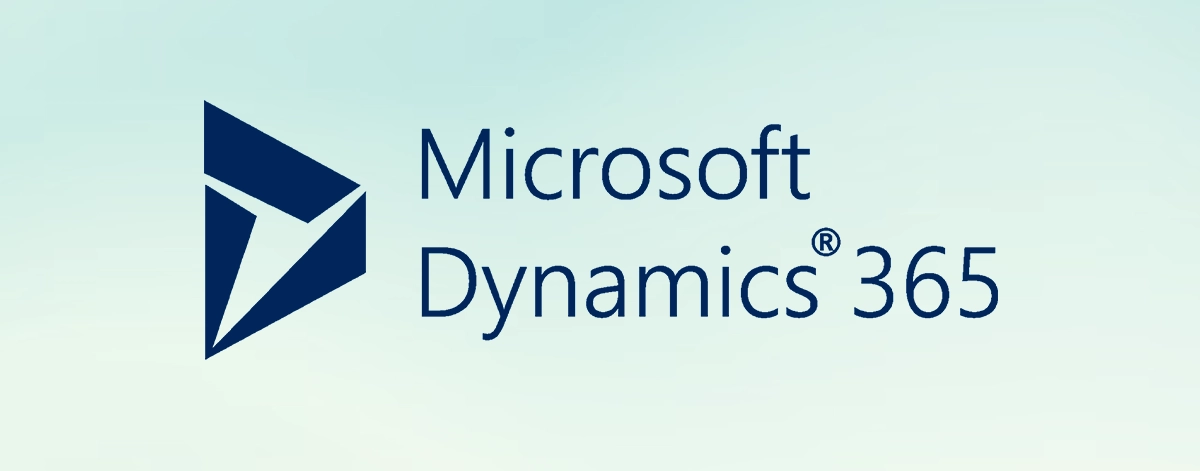
Microsoft Dynamics 365 is a widely popular ERP solution that integrates seamlessly with the Microsoft ecosystem. As a result, it provides organizations with end-to-end business process management capabilities.
Based on the Navision product acquired by Microsoft in 2002, the solution encompasses modules for finance, supply chain management, sales, marketing, and customer service. Companies often use Microsoft Dynamics 365 in the manufacturing and distribution verticals.
Top features of Microsoft Dynamics 365
- Integration with Microsoft Office 365 streamlines workflow and enhances collaboration within the organization.
- User-friendly and familiar interface and user experience facilitate user adoption and reduce the learning curve.
- Offers scalability, security, and performance
Year founded: 1975
Headquarters: Redmond, Washington
Pricing of Microsoft Dynamics 365: Starting at $70 per user per month
3. SYSPRO
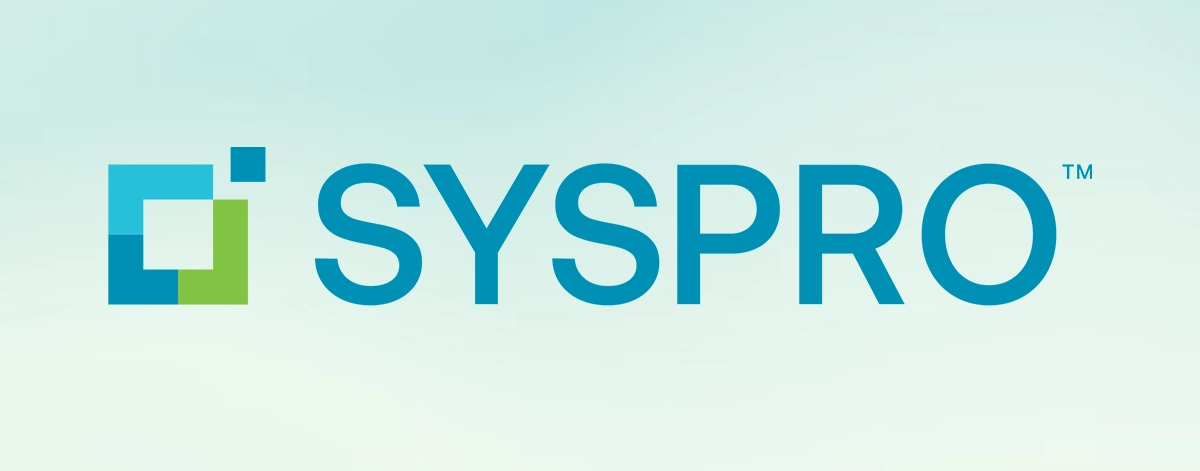
SYSPRO ERP enables businesses to simplify operations and maintain a competitive edge with its versatile offerings. It includes cloud-based and on-premise deployment options, with flexible pricing models catering to diverse requirements.
SYSPRO offers an integrated solution for inventory, order, accounting, and supply chain management. The ERP system is ideal for mid-size enterprises with a primary focus on verticals such as automotive, electronics, aerospace, and industrial machinery.
Top features of SYSPRO ERP
- Accessible from anywhere and deployed on the cloud or on-premise conveniently
- Enables effective management of business data and processes, enhancing decision-making capabilities
- Allows utilizing technologies like IoT, artificial intelligence, and machine learning
- Provides a comprehensive and precise assessment of the vendor’s support across all modules
Year founded: 1978
Headquarters: Sunninghill, South Africa
Pricing of SYSPRO ERP: Begins at $199 per user per month
4. Epicor ERP
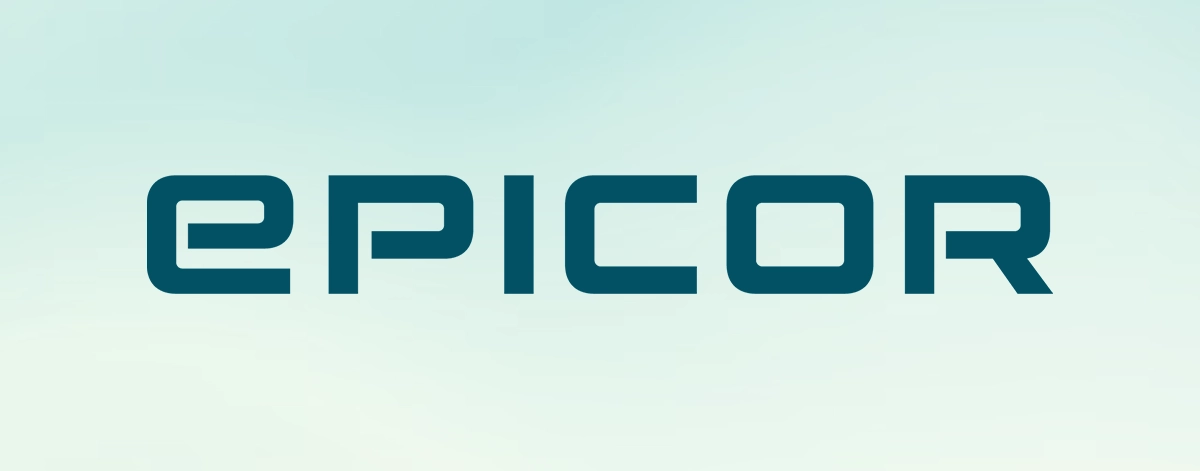
Epicor ERP is a comprehensive ERP solution designed for mid-sized and large organizations. It offers a range of modules, including finance, manufacturing, supply chain management, human resources, and customer relationship management. Epicor ERP focuses on industries such as manufacturing, distribution, retail, and services.
Top features of Epicor ERP
- Offers robust manufacturing capabilities for production planning, inventory management, and shop floor control
- Flexible deployment options allow organizations to choose between on-premises, cloud, or hybrid deployment models.
- Offers an intuitive interface for navigating tools, functionalities, and multiple modules
- Seamless integration with other business software, reducing complexity
Year founded: 1972
Headquarters: Austin, Texas
Pricing of Epicor ERP: Begins at $175 per user per month
5. Acumatica Cloud ERP
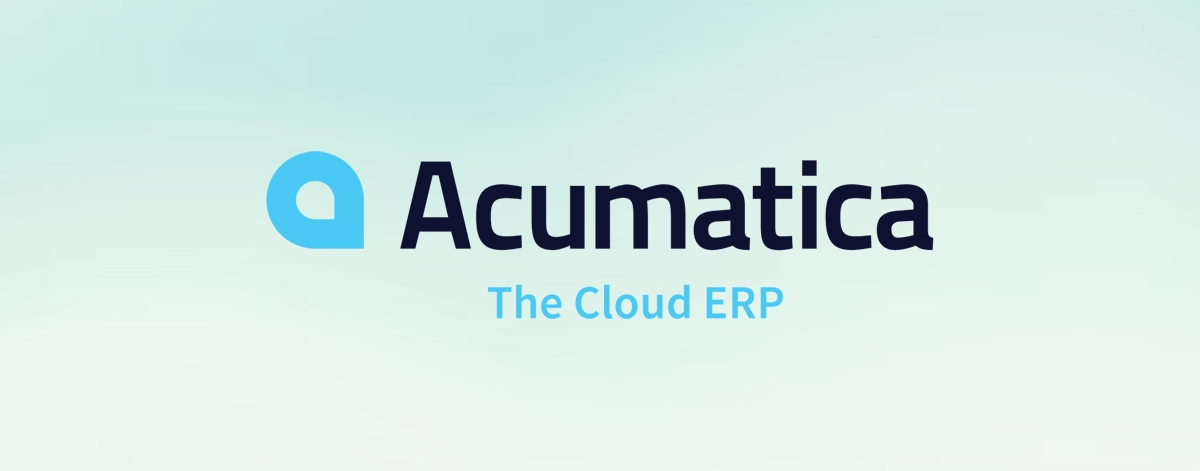
Acumatica ERP is a cloud-based solution that offers comprehensive functionality for finance, distribution, manufacturing, and project management. It caters to organizations of all sizes, including small businesses and enterprises.
Top features of Acumatica Cloud ERP
- Offers flexibility and operational efficiency for small to mid-level firms
- Allows seamless collaboration with convenient data sharing across teams and projects
- User-friendly interface for smooth business operations and decision making
- Effortlessly deploys in private, public, or SaaS environments, ensuring a seamless migration
- Provides top-rated data backup and top-notch security features
Year founded: 2008
Headquarters: Kirkland, Washington
Pricing of Acumatica Cloud ERP: Usage Based
6. Infor CloudSuite
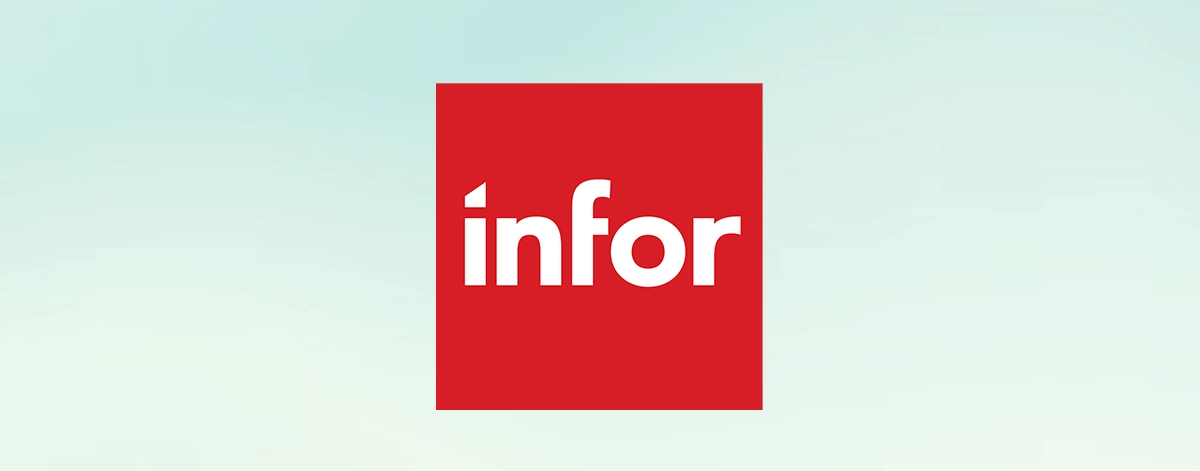
Infor ERP is a flexible and industry-specific solution that caters to businesses of all sizes. The solution offers modules covering various aspects, including finance, manufacturing, supply chain management, human resources, and customer relationship management.
Top features of Infor CloudSuite ERP
- Provides deep industry-specific functionality and preconfigured templates, facilitating a faster implementation process
- Offers user-friendly interface and intuitive workflows
- Scalable and adaptable architecture helps accommodate growth and customize the system
- Helps to acquire a 360 view of customers, product pricing, purchase history, and related data
Year founded: 2002
Headquarters: New York, NY
Pricing of Infor CloudSuite ERP: $1,500 per user per year
7. Sage Business Cloud X3
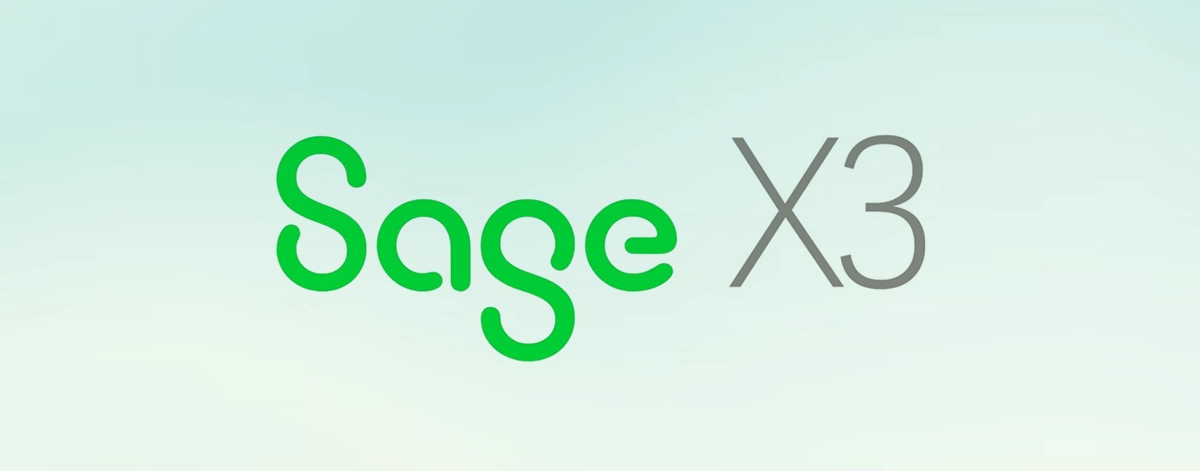
Sage Business Cloud X3 ERP offers comprehensive features and modules supporting different functions, including finance, accounting, sales, CRM, manufacturing, inventory management, procurement, and distribution.
It aims to provide a unified platform for managing and optimizing business processes. It offers a flexible, adaptable, efficient, cost-effective, and profitable business management solution.
Top features of Sage Business Cloud X3
- Offers comprehensive insights into performance across various parameters on a single platform
- Provides flexibility to adopt plugins and third-party systems
- Specifically designed for mid-sized companies offering a quick, easy-to-implement, simple, and customizable solution
- Allows multiple accounting functions like general ledger, managing assets, and accounts payable/receivable
Year founded: 1979
Headquarters: Newcastle upon Tyne, United Kingdom
Pricing of Sage Business Cloud X3: Starting at $4,500 per user (perpetual license)
8. Oracle NetSuite
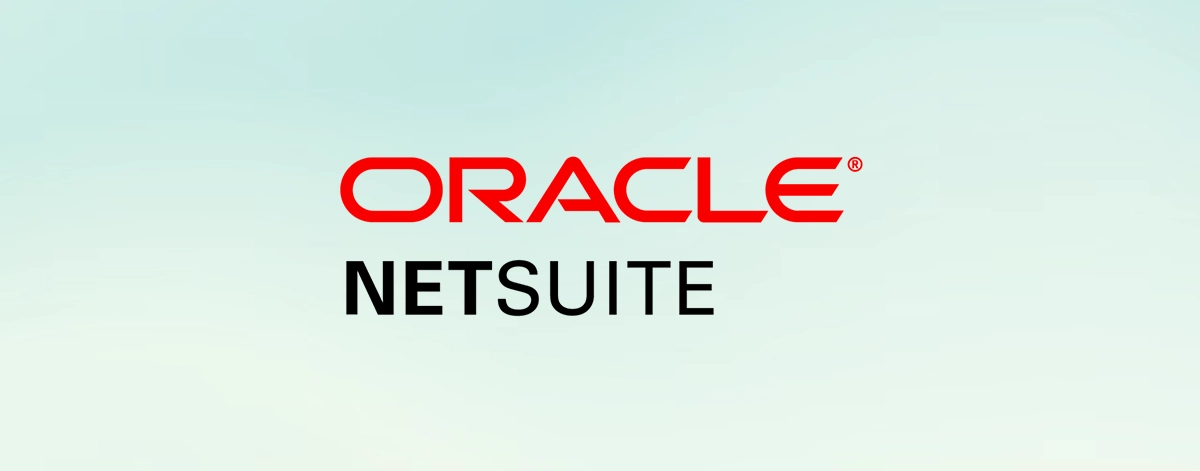
Oracle NetSuite is a unified business management suite containing ERP/Financials, CRM, and e-commerce for over 36,000 customers. It has a cloud-based ERP software that enhances business performance focusing on small to mid-size business (SMB) enterprise resource planning (ERP) systems under OneWorld.
Top features of Oracle NetSuite
- Assists in tracking financials, inventory management, and customer relationship management
- Offers built-in functionalities that support multiple modules for accounting and operations
- Customizable dashboards that help determine progress
- The cloud-based model allows easy accessibility of operational and accounting information from any location
- Outstanding drill-down capabilities to allow several system views
Year founded: 1999
Headquarters: Austin, Texas
Pricing of Oracle NetSuite: Starting at $999/month
9. IFS ERP
Designed to meet the needs of medium to large-sized enterprises, IFS ERP offers a modular architecture helping organizations effectively manage their mission-critical operations. With a user-friendly interface, IFS ERP provides real-time visibility into several business aspects and the flexibility to adapt to changing market conditions.
Organizations often from manufacturing, service, aerospace, telecommunications, construction, and defense industries utilize IFS ERP.
Top features of IFS ERP
- Allows industry-specific customizations
- Modern interface for B2B sales strategies offering an advanced customer experience
- Enables task automation, project procurement, and better relationship management through its robust CRM
- Helps in maintaining assets, managing business processes, and improving workflows
Year founded: 1983
Headquarters: Linköping, Sweden
Pricing of IFS ERP: $1,500 per user per year
10. Deltek Costpoint
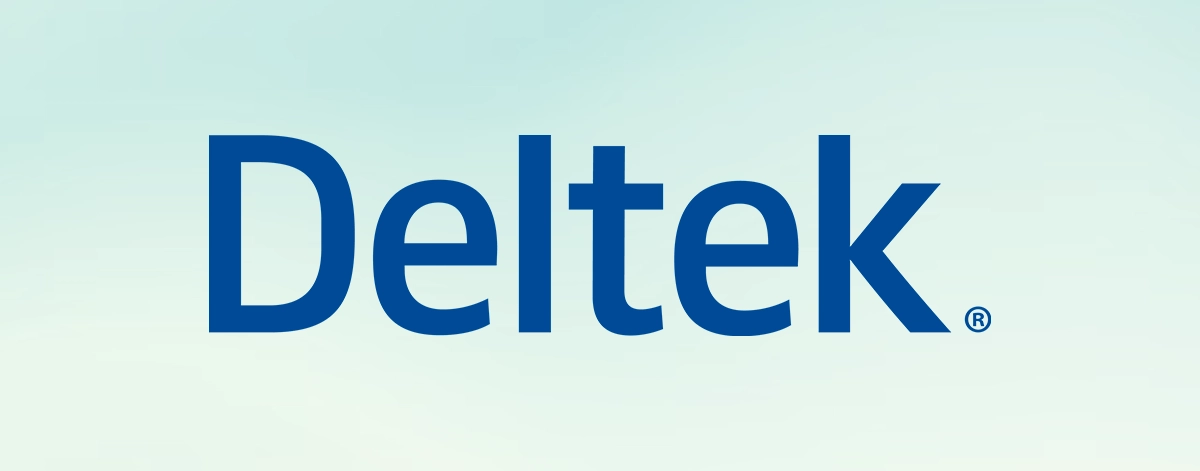
Deltek Costpoint is a leading ERP solution with modules and features customized to meet various industry needs. The ERP solution caters to vertices, including aerospace and defense, manufacturing, and professional services.
The solution aims to accommodate businesses of all sizes. However, it excels at catering to mid-sized and large organizations for all business functions. It offers multiple deployment options, including cloud-based and on-premise solutions.
Top features of Deltek Costpoint
- Streamlines revenue management, expense tracking, and compliance management
- Helps manages bank reconciliation and accounts payables, offering real-time visibility into each process
- Provides tools to analyze contract changes and project budgets
- Automates production and finance processes to improve efficiency and cost-effectiveness
Year founded: 1994
Headquarters: Herndon, Virginia
Pricing of Deltek Costpoint: $46 per user per month
Ending Notes
While SAP remains a leading player in the ERP market, several formidable competitors offer comparable solutions to meet the organization’s diverse needs. Oracle ERP Cloud, Microsoft Dynamics 365, Infor ERP, Salesforce ERP, etc., are just a few examples of the top competitors that provide robust functionality and cater to various industries.
Ultimately, an ideal ERP choice depends on the organization’s specific requirements, budget, and long-term goals. Businesses looking for the best ERP system should conduct a thorough evaluation, considering factors such as scalability, integration capabilities, industry-specific functionality, user experience, and overall costs.
By acquiring information on top SAP ERP competitors and their features, they can make an informed decision that empowers organizations for growth and success in the dynamic business landscape.


